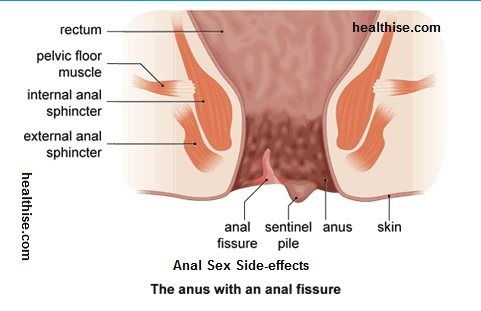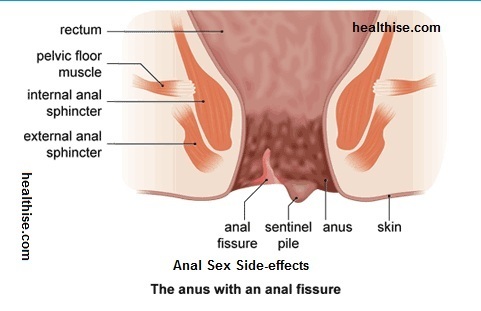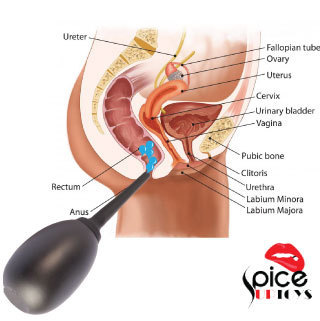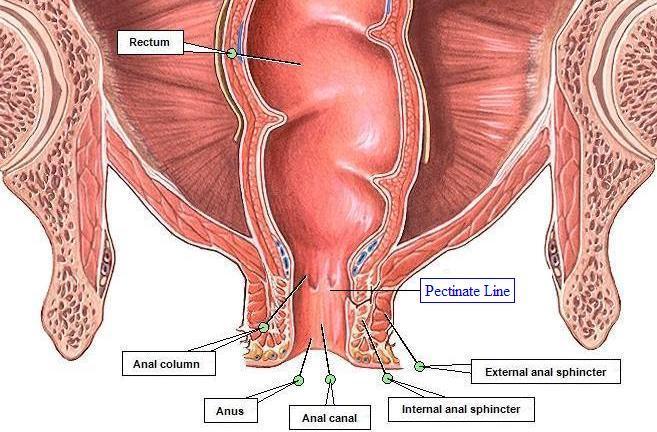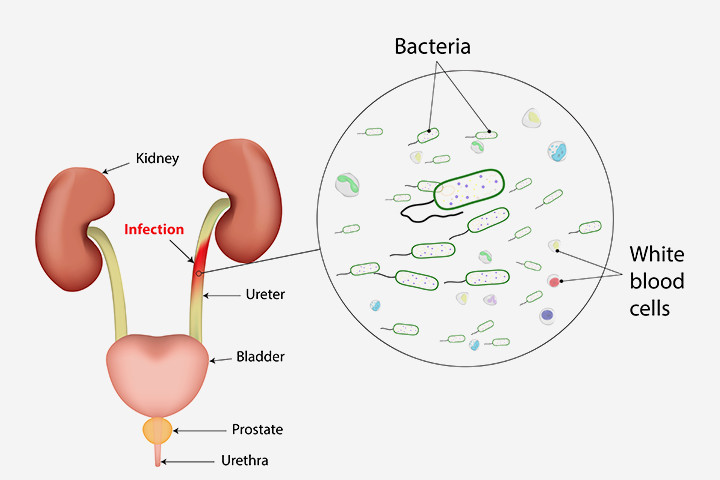
Extremely good article about being a sex blogger/writer. A lot of these points mirror our own.
The summer before my senior year, my friends got jobs in retail or food service, and I got a job writing about sex — my mother was very proud.
I was hired as a staff writer for Sex, Etc., a sex education magazine by teens and for teens, overseen by a board of writing and medical professionals. It’s produced and distributed nationwide by the nonprofit Answer, whose mission is to provide “unfettered access to sexuality education for young people and the adults who teach them.”
It’s definitely a niche job; writing for Sex, Etc. requires a unique skillset and a willingness to talk openly about some very taboo ideas. I learned a lot in my short time here thus far, but it has already revolutionized the ways I understand the world, my community, and myself. I am a better person because of it.
1. It made me more mindful and tolerant.
No matter how open-minded I claimed to be, working at Sex, Etc. made me realize even I am prone to the knee jerk reaction of being judgey. I hadn’t realized how much my own criticisms were affecting my activism and my journalism ― which is supposed to be unbiased.
Especially when it came controversial subjects like sex, my LGBT-inclusiveness and anti-slut shaming rhetoric masked some deeply ingrained prejudices. I made sweeping generalizations about people who may think or behave differently than me.
But at Sex Etc., that type of unproductive mindset was called out and challenged. As one my editors said the first day on the job: “Don’t ‘yuck’ someone else’s ‘yum.’”
In other words, if it’s legal, consensual, and not hurting anyone, don’t worry about what happens behind closed doors.
2. It taught me to respect people’s boundaries.
Prior to working at Sex, Etc., it never occurred to me how often I really should be affirming consent with the people around me.
The answer: Always.
Writing for Sex, Etc. isn’t all about the nitty gritty. Likewise, sex isn’t the only boundary you should be wary of crossing. Even a well-meaning hug requires some form of consent.
It isn’t limited to physical interactions either. You should get explicit consent before posting someone’s photo online, giving out their personal information (such as social media or phone number), or engaging someone in a conversation about potentially sensitive subject matter.
3. It made me more confident.
As a journalist, it’s important I state the truth no matter how uncomfortable it is. As a teenage girl, I’ve been conditioned not to cause a fuss, and to shy away from words like “vagina” or “menstruation” in public (sorry again, Mom).
Working at Sex, Etc. helped me realize my body isn’t uniquely gross and weird. Rather, we are all equally gross and weird, and it’s important to accept our natural selves as we are.
4. For the first time in my life, I received quality sex education.
My freshman year of high school, my teacher showed the class a slide show of late stage gonorrhea. Then, during my senior year, I got to carry around a flour sack baby to learn about the “miracles of life.”
But beyond that, my sex education came from Google. Despite my best efforts to use reliable sources, I learned at Sex, Etc. how complicated sex education can really be. Even sources that seemed reliable ended up giving me misleading information about my sexual health.
Not to mention, public school sex ed all but ignored LGBT topics. So, being on staff provided me with comprehensive education about sexual orientation and gender, as well as contraceptives, STDs and consent, in ways I probably wouldn’t have access to otherwise.
5. I learned how much I have to learn.
I see myself as someone who is well-read. I spent a lot of my early teen years reading about gender studies, sexuality, rape culture and reproductive rights, among other things.
So, it was a real culture shock when I started writing about this stuff and realized how in the dark I really was.
Even with the world at my fingertips I wasn’t able to adequately educate myself on my own. I couldn’t have. I didn’t even know what I didn’t know, and that’s terrifying in its own right. But even scarier is the fact that most of my peers will never learn these things, especially in states where sex education is abstinence only, if it even exists at all.
Sending young people out into the world without comprehensive sexuality education is setting them up for failure. All people have a right to know about their own bodies. But between the active suppression of sex education, the defunding of sexual health resources, and the blatant disregard of fact in favor of political censorship, that can seem like an almost impossible feat.
I was lucky to have the opportunity to write for Sex, Etc. I am a better, more educated person because of it. Now, I hope to use that experience to shape a society in which all people of all ages are empowered to make healthy sexual choices for themselves.
Source: RSS Feed Huffingtonpost




 Over the years we have used RSS Feeds and other methods to read random articles regarding Love, Sex, and Relationships. Most of the time we will add our opinions to them, usually agreeing for the most part. After reading the following article, we have decided to add a new idea called “Trash Articles”. Although this is our opinion, a lot of times the internet and blogs are used to create lists simply for click bait purposes and keywords. That’s it. Some of these articles are trash and deserve to be called out.
Over the years we have used RSS Feeds and other methods to read random articles regarding Love, Sex, and Relationships. Most of the time we will add our opinions to them, usually agreeing for the most part. After reading the following article, we have decided to add a new idea called “Trash Articles”. Although this is our opinion, a lot of times the internet and blogs are used to create lists simply for click bait purposes and keywords. That’s it. Some of these articles are trash and deserve to be called out. 

